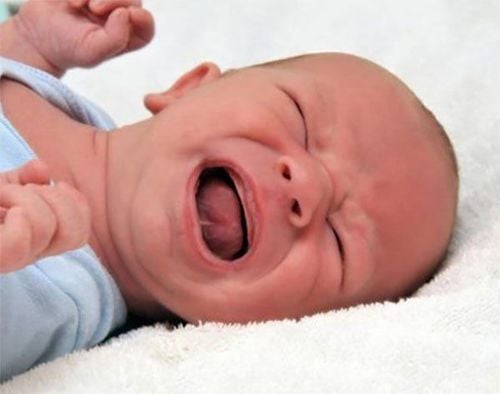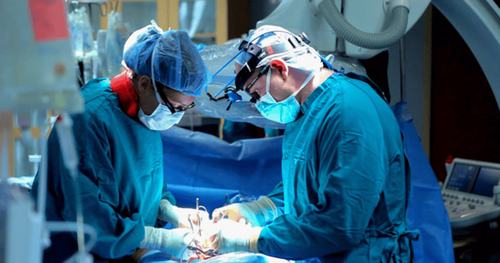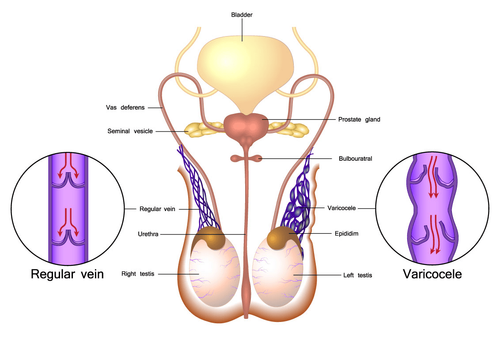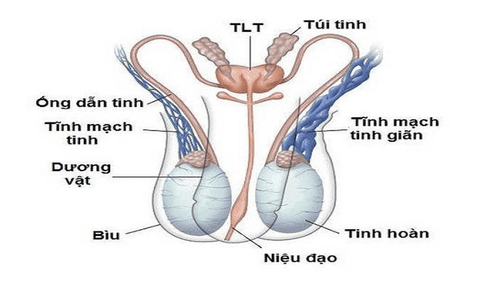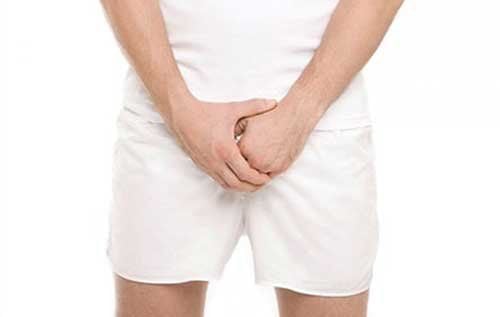This is an automatically translated article.
There are many testicular disorders that can occur in men but the two most common are penile disorders and testicular disorders. Both of these disorders can affect male sexual function and fertility.
1. What disorders affect the testicles?
Testicles (English name is testicles) are part of the male reproductive system. The testicles are two large olive-shaped organs located inside the scrotum, with a pouch of loose skin (scrotum) that hangs behind the penis. The testicles make male hormones, including testosterone, and produce sperm, the male reproductive cell. Problems with the testicles can lead to serious medical problems, including hormonal imbalances, sexual problems, and male infertility.
Some common disorders affecting the testicles include: Testicular trauma, testicular torsion, testicular cancer, epididymitis, and male hypogonadism or male hypogonadism.
2. Types of Testicular Disorders
Injury to the testicles Because the testicles are located in the scrotum, hanging outside the body, they do not have the protection of muscles and bones. This makes the testicles more likely to get stuck, hit, kicked, or crushed, which occurs most often in contact sports. Men should protect their testicles by wearing athletic cups while playing sports.

Tinh hoàn có thể bị tổn thương trong các môn thể thao đối kháng
Trauma to the testicle can cause severe pain, bruising, and/or swelling of the testicle. In most cases, the testicles are made of spongy material so they can absorb the shock of an injury without serious damage. A rare type of testicular injury called testicular rupture, occurs when the testicle is hit by a direct blow or is pressed against the hard bone of the pelvis. This injury can cause blood to leak into the scrotum. In severe cases, surgery may be required to repair the injury to save the testicle.
Testicular torsion In the scrotum, the top side of the testicle is protected by a structure called the spermatic cord. Sometimes, this cord becomes twisted around the testicle, cutting off the blood supply to the testicle. Symptoms of testicular torsion include sudden and severe pain, an enlarged testicle, and pain and swelling. This condition, which occurs most often in men under the age of 25, can be caused by trauma to the testicles or by strenuous activity. In addition, testicular torsion can also occur for no apparent reason.
Testicular torsion requires immediate medical attention, the most frequently performed treatment is surgery. Testicular function can be saved if this condition is diagnosed and treated immediately. If the blood supply to the testicle is cut off for a long time, the testicle can be permanently damaged and may need to be removed.
Testicular cancer Testicular cancer occurs when abnormal cells in the testicles divide and grow uncontrollably. In some cases, some benign (non-cancerous) tumors can progress and become cancerous. Testicular cancer can develop in one or both testicles in adult men or boys.
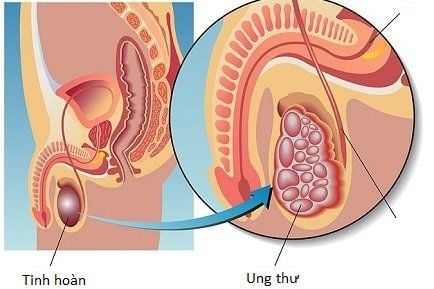
Ung thư tinh hoàn có thể phát triển ở một hoặc cả hai bên
Symptoms of testicular cancer include a lump in the testicles, an irregularity in the testicles, or an enlarged testicle in one of the testicles; unusual heaviness in the scrotum; dull pain in the groin or lower abdomen and pain or discomfort in the testicles or scrotum. The exact cause of testicular cancer is still unknown, but there are certain risk factors that increase your risk of developing it.
Testicular cancer is a rare but highly treatable and often curable form of cancer. Surgery is the most common treatment, which involves removing one or both testicles through an incision in the groin. In some cases, the doctor may also remove some of the lymph nodes in the abdomen. In addition, patients also need radiation therapy and chemotherapy to destroy cancer cells.
If one testicle is removed, it will not affect sex problems or children later on. The other testicle will continue to make sperm and the male hormone testosterone. To re-establish a normal appearance, men may have a prosthetic testicle implanted in the scrotum that looks like a normal testicle.
Epididymitis The epididymis is a coiled tube located on and around each testicle that transports, stores, and helps sperm cells produced in the testicle mature. The epididymis connects the testicle to the vas deferens. Epididymitis is usually caused by an infection from a sexually transmitted disease, including chlamydia and gonorrhea. In men over 40, the most common cause is bacteria in the urinary tract.
Symptoms of epididymitis include scrotal pain and swelling. Discharge, pus from the penis, pain when urinating, and pain during intercourse or ejaculation. In severe cases, the infection can spread to the adjacent testicle, causing fever and creating an abscess.
Treatment for epididymitis includes antibiotics (drugs that kill the bacteria causing the infection), bed rest, ice to reduce swelling, and use of scrotal support and anti-inflammatory drugs (NSAIDS such as ibuprofen). Your partner will also need to be treated if epididymitis is caused by a sexually transmitted infection.

Người bệnh cần đến khám và tuân thủ điều trị viêm mào tinh theo chỉ định của bác sĩ
If left untreated, epididymitis can create scar tissue, preventing sperm from leaving the testicles. This can cause fertility problems, especially if it is in both testicles or the man has recurrent infections.
Male menopause One of the functions of the testicles is to secrete the hormone testosterone. This hormone plays an important role in the development and maintenance of many physical characteristics of men, including muscle mass and strength, fat distribution, bone mass, sperm production, and sex drive. . Menopause is a condition that occurs when the testicles do not produce enough testosterone. Primary hypogonadism occurs when there is a problem or abnormality in the testicles. Secondary hypogonadism occurs when there is a problem with the pituitary gland in the brain.
Male menopause can occur during fetal development, during puberty, or in adult males. When it occurs in adult men, menopause can cause the following problems:
Erectile dysfunction Infertility Decreased sex drive Decreased beard growth and decreased body hair growth Decreased size or testicle stiffness Decreased muscle mass and increased body fat Osteoporosis Enlarged breasts Mental and emotional symptoms similar to menopause in women (hot flashes, mood swings, irritability , depression, fatigue) There are many causes of hypogonadism, including: Klinefelter syndrome, undescended testicles, congenital hemolytic disease, testicular trauma, cancer treatment (Chemotherapy or radiation therapy), Physiological aging, pituitary disorders, and certain drugs.
Treatment of hypogonadism depends on the cause. Testosterone replacement therapy is commonly used to treat testicular disorders. If the problem involves the pituitary gland, pituitary hormones can help increase testosterone levels and sperm production.
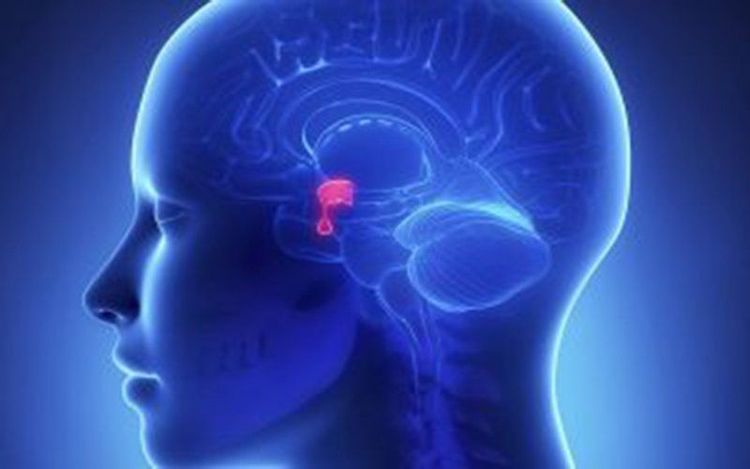
Rối loạn tuyến yên cũng là một trong những nguyên nhân dẫn tới suy sinh dục
Customers can come to the Center for Reproductive Support - Vinmec International General Hospital. This is the leading center in Vietnam, which has developed and applied a comprehensive medical examination and treatment process, combining both gynecology and obstetrics and gynecology to provide the optimal method for each patient's case.
Advantages when customers choose Vinmec fertility center:
Equipped with modern equipment, clean air system according to international standards to ensure lab quality, single cabinet system to optimize quality embryo, improving the success rate for each cycle of artificial insemination. Implement most advanced assisted reproductive techniques in the world: ICSI (injection of sperm into the oocyte cytoplasm); support embryo escape membrane; Reproductive reserve: embryo freezing, sperm freezing, oocyte freezing to help customers take the initiative in giving birth at will, transferring embryos on day 5, minimizing pregnancy; male infertility techniques (PESA, MESA, TEFNA, TESE) Besides advanced reproductive support methods, a team of excellent doctors in the country and the world, with prestige and long-term experience in the field of infertility . Recommended video:
Infertility treatments: Hope for infertile couples
Please dial HOTLINE for more information or register for an appointment HERE. Download MyVinmec app to make appointments faster and to manage your bookings easily.
Reference source: webmd.com



